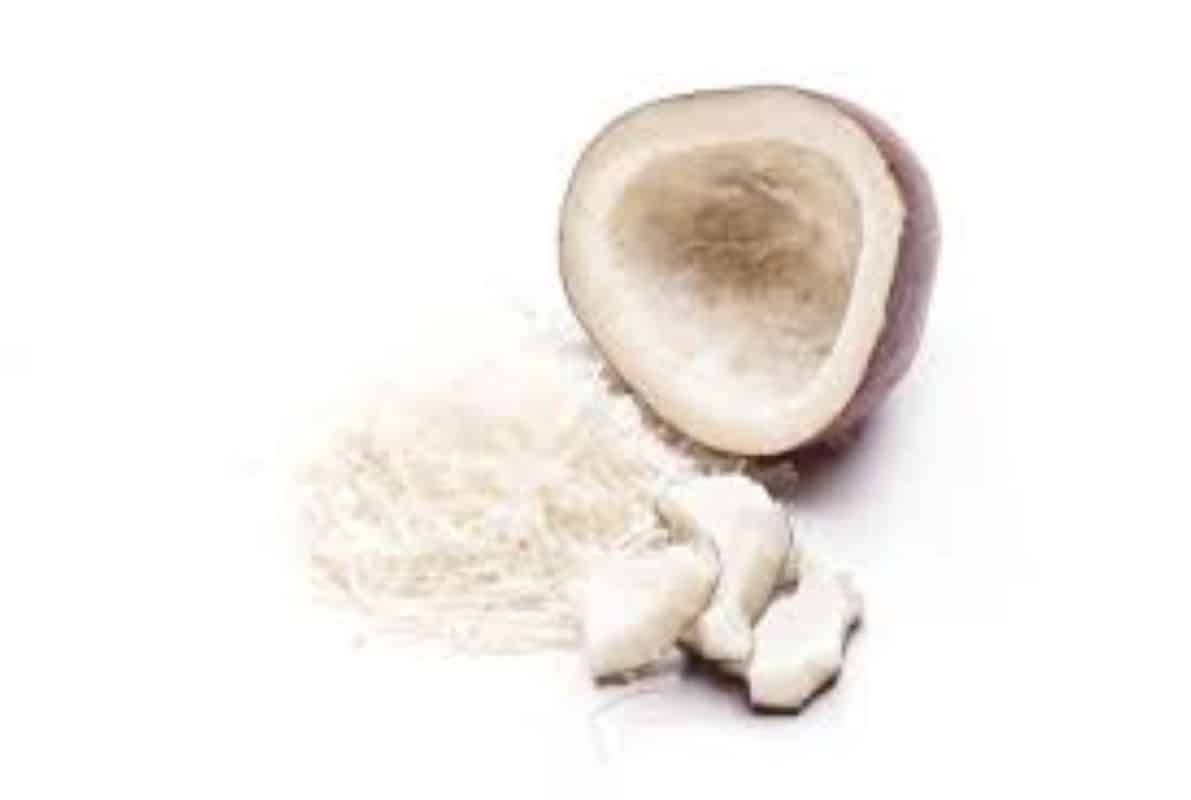Dry coconut, also known as desiccated coconut, is a versatile ingredient often used in cooking, baking, and snacking. While it offers a unique flavor and texture, it’s important to be aware of the potential disadvantages of consuming dry coconut. In this blog post, we’ll delve into the cons of eating dry coconut and help you make an informed decision about its inclusion in your diet.
High in Saturated Fat
One of the main concerns when it comes to dry coconut is its high saturated fat content. Saturated fats are known to raise cholesterol levels and increase the risk of heart diseases. While coconut is a plant-based source of saturated fat, it still contains higher levels compared to other plant-based oils or fats. Therefore, individuals who are trying to limit their saturated fat intake or have specific dietary restrictions may want to exercise caution when consuming dry coconut.
Calories and Portion Control
Dry coconut is calorie-dense, which means it contains a significant amount of calories in a small serving. This can make portion control challenging, especially for those who are watching their calorie intake or trying to manage their weight. Consuming large amounts of dry coconut on a regular basis without considering portion sizes can lead to an excessive calorie intake and potential weight gain.
Possible Allergen Risk
While coconut allergies are relatively rare, some individuals may be allergic to coconut or experience an allergic reaction. It’s essential to be aware of any existing allergies or sensitivities before consuming dry coconut. If you have a known allergy to coconut or experience any symptoms such as itching, hives, or difficulty breathing after consuming coconut products, it’s important to consult with a healthcare professional.
Lack of Fiber
Compared to fresh coconut, dry coconut contains significantly less dietary fiber. Dietary fiber is important for maintaining a healthy digestive system, promoting regular bowel movements, and contributing to overall gut health. If you rely heavily on dry coconut as a source of coconut in your diet, it’s necessary to ensure you are meeting your daily requirements of fiber through other foods.
Weighing the Disadvantages of Dry Coconut
While dry coconut can be a tasty addition to various dishes and snacks, it’s important to consider the potential disadvantages it may have. The high saturated fat content, calorie density, possible allergen risk, and lower fiber content are factors to be aware of when incorporating dry coconut into your diet. Always keep in mind your specific dietary needs, preferences, and health goals before consuming dry coconut. Moderation and portion control are key to ensuring a well-balanced and nutritious diet.
We can't say enough about how important nutrition is for overall health, especially for meeting women's specific health ...
Continue reading



